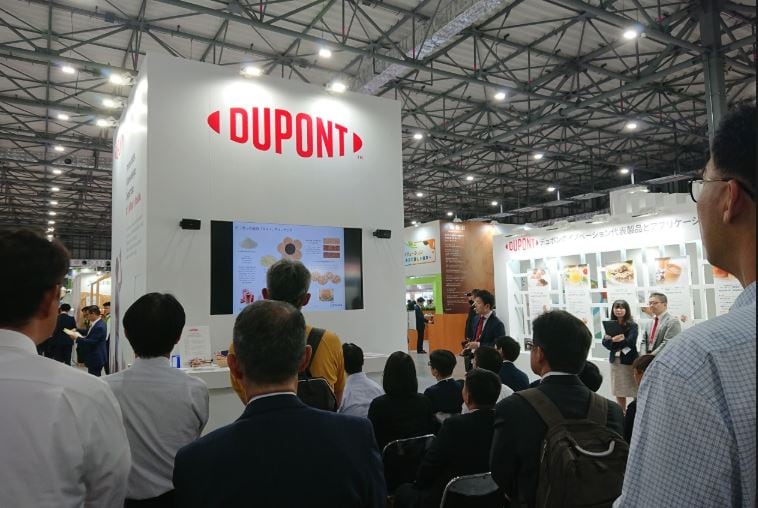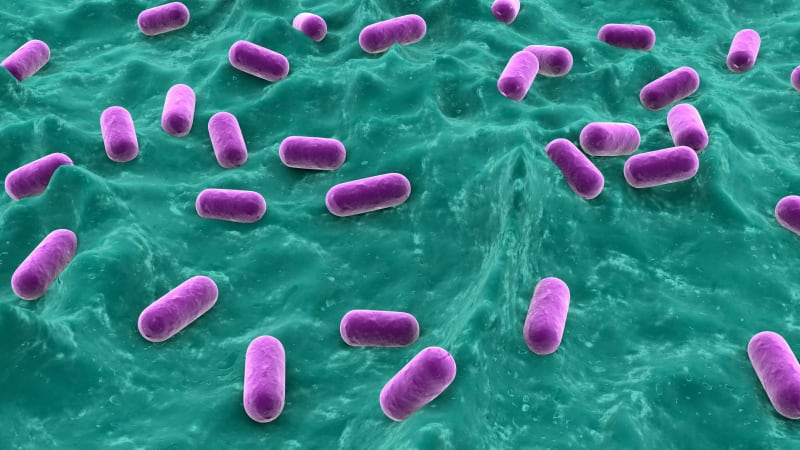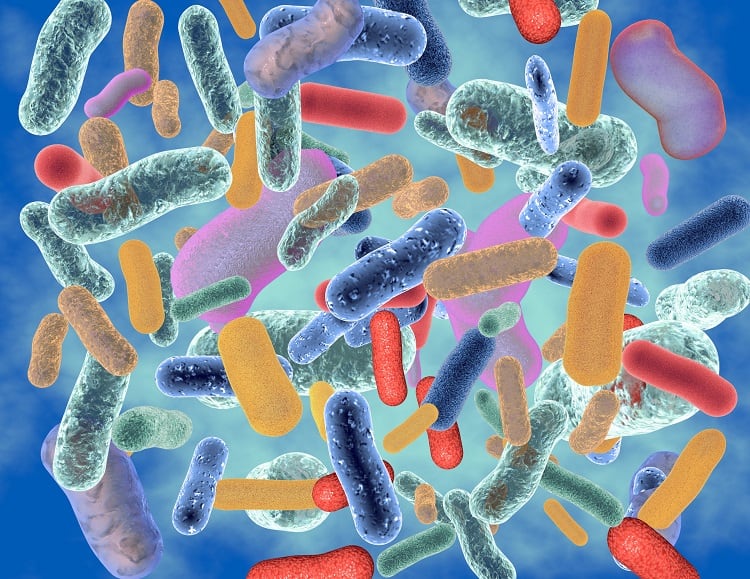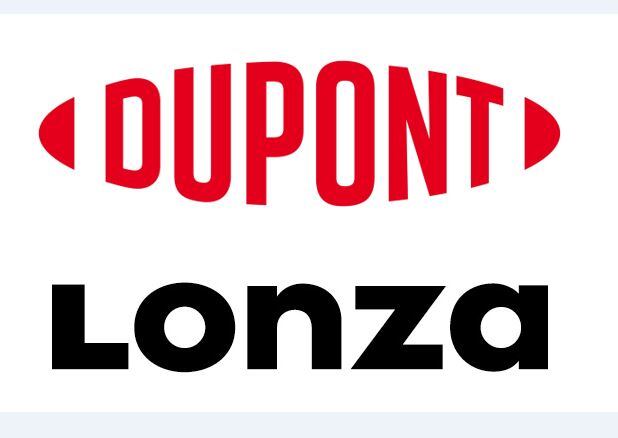Headquartered in Copenhagen, Denmark, the new business will be led by Matthias Heinzel, nutrition and biosciences’ president, who will take charge of its 10,000 employees across the globe.
“Both DuPont Nutrition & Health and Industrial Biosciences are known for their innovations and strong scientific approach,” he said.
“Combining the two businesses is a step to further accelerate growth and innovation while better providing customers across our industries with innovative, healthy, safe and sustainable solutions.”
Split between three platforms, the business will focus on Food & Beverage, Health & Bioscience and Pharma Solutions in a move described by the American conglomerate as “enhancing market visibility, insights, customer intimacy and drive overall business growth.”
DuPont cited its expertise in human microbiome science as an example of how the new business would benefit from complementary expertise and skills, ensuring more “targeted approaches.”
Microbiome action

In February of this year, DuPont Nutrition & Health and Lonza Consumer Health & Nutrition joined forces to manufacture and supply human milk oligosaccharide (HMO) in a deal that looked to tap into the €44bn global infant nutrition sector.
The agreement would see Lonza manufacture and supply CARE4U, a novel food for use in infant and follow-on formula and foods for young children, which contains the HMO 2'-Fucosyllactose (2’FL).
DuPont Nutrition and Health further strengthened their probiotic credentials back in 2017 with the collaboration involving the APC Microbiome Institute.
The partnership focused on a number of areas that included probiotics and prebiotics, including HMOs.
DuPont added to its Microbiome Venture - a mix of partnerships and internal investments focusing on its probiotic, prebiotic and HMO portfolio - by welcoming the French National Institute for Agricultural Research’s (INRA) metagenomics on board as a member.
The relationship with INRA, represented by the Micalis Institute and MetaGenoPolis, looked at the molecular mechanisms of action DuPont’s probiotic strains follow using a functional metagenomics approach.
The collaboration was complimented by DuPont’s March agreement with the Center of Food and Fermentation Technologies (TFTAK) in Tallinn, Estonia.
TFTAK, a contract research organisation specialising in food and fermentation technologies looked to “build on the development and optimisation of novel bacteria of interest to the dairy industry and potentially to nutrition, health and wellness companies”.
Restructuring plans
DuPont are not alone in its restructuring plans as fellow food and nutrition firms struggle to appeal to consumers now favouring functional foods considered more healthy and “natural”.
Earlier this month FrieslandCampina revealed plans to reorganise its ingredients business into four consumer segments.
These include early life nutrition (to include infant formula and nutritional ingredients like GOS, HMOs and hydrolysates. Adult Nutrition (to include performance, active and medical nutrition) and food and beverages, and animal nutrition.
Lonza also looked to boost its offerings in nutrition as well as pharma and biotech as it recently revealed the firm would have one business division dedicated to these sectors.
In an indication of how fast each industry was converging, the Lonza Pharma Biotech & Nutrition (LPBN) would oversee the translation of technology and knowhow from pharma to nutrition, including regulatory and scientific expertise.
Meanwhile Lonza Specialty Ingredients (LSI) would retain Consumer & Resources Protection and Consumer Product Ingredients.
Further afield food giants Nestlé, announced the opening of a global research centre in Ireland to focus on infant nutrition products for the global market.
The investment comes as Nestlé looks to reorganise its infant nutrition unit to compete with regional rivals and boost sales.
Fellow foodmaker Unilever sold its margarine and spreads business in 2017 as part of a broader restructuring, including cost-cutting, a dividend boost and a share buyback.




